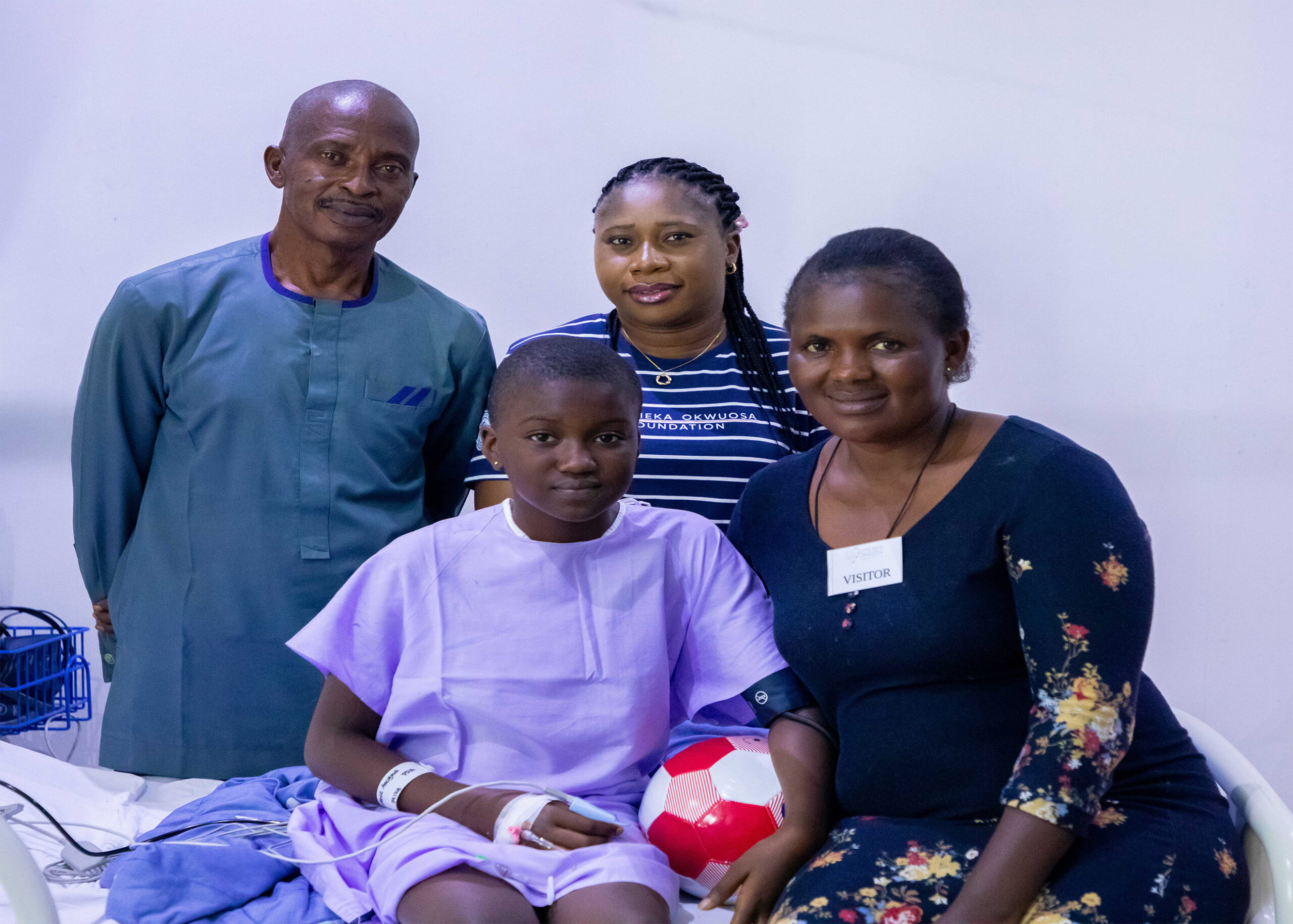
At just five years old, Chinwekene Asogwa Cristabel was diagnosed with Patent Ductus Arteriosus (PDA), a heart condition that prevented her heart from circulating blood properly. For years, Cristabel struggled quietly with the physical limitations that came with the condition. Her parents, deeply concerned for her well-being, were faced with a difficult decision: they had to protect their daughter from activities that could put extra strain on her heart, but they couldn’t bear to explain to her why.
Cristabel was the last child in the family, and her parents kept her sheltered from the world in an effort to keep her safe. She couldn’t run or play with the other children, and though she had the same dreams and desires as any other child, her condition held her back. She didn’t fully understand why she couldn’t join in the games or why she often felt tired and unwell, but her parents couldn’t bring themselves to tell her the truth about her heart.
For years, Cristabel lived in this restricted world, always shy, but sweet and full of life. Her smile, though soft, had a unique warmth that lit up any room. Yet, beneath that smile, there was a girl yearning for freedom from the burden of her condition.
The turning point came when Cristabel’s family was referred to the Dame Irene Okwuosa Memorial Hospital, a renowned center for advanced heart treatments. After a detailed examination by the hospital’s expert cardiology team, it was confirmed that Cristabel’s PDA could be treated with interventional catheterization, a much less invasive procedure than open-heart surgery. This news was a beacon of hope for Cristabel’s family, who had long feared the prospect of a major surgery.
Interventional catheterization is a procedure in which a thin tube (catheter) is inserted through a small incision and guided to the heart to close the abnormal duct. This alternative to open-heart surgery allows patients to recover quickly, often going home within a day of the procedure. Cristabel’s parents were relieved to hear that their daughter would be able to undergo this procedure and return home the very next day, leading a healthier, more active life.
The day of the procedure arrived, and Cristabel was understandably nervous. She was shy and quiet, her usual sweetness masking the anxiety she felt. But the caring staff at Dame Irene Okwuosa Memorial Hospital made her feel safe and comfortable. The procedure itself was a success, and within hours, Cristabel was awake and recovering in her hospital bed. By the next morning, she was able to go home, feeling stronger and more energetic than she had in years.
Now, at 11 years old, Cristabel is a different child. No longer held back by the limitations of her heart condition, she is now free to run, play, and be as active as any other child her age. Her parents are overjoyed to see their daughter thriving, and Cristabel herself is blossoming into the vibrant young girl she always wanted to be.
Cristabel’s experience has also sparked a newfound dream: she wants to become a doctor when she grows up. After everything she has been through, Cristabel has a deep empathy for other children who suffer from similar conditions. She wants to help them the way the doctors at Dame Irene Okwuosa Memorial Hospital helped her—by providing hope and offering life-changing treatments.
Cristabel’s story is a powerful reminder of why accessible, high-quality healthcare is essential, particularly when it comes to less invasive alternatives to traditional surgeries. For Cristabel, the interventional catheterization procedure was not just a medical treatment; it was a gateway to a new, fuller life.
Her smile, which once hid a world of unspoken pain, now lights up any room with the joy of a healthy, happy child. Cristabel’s journey from being confined by her condition to dreaming of a future where she can help others is an inspiring testament to the power of accessible healthcare and the life-changing impact of innovative treatments.
Today, Cristabel is living proof that when children like her have access to the right care, they can not only survive but thrive, filling their lives with the happiness and freedom they deserve.
